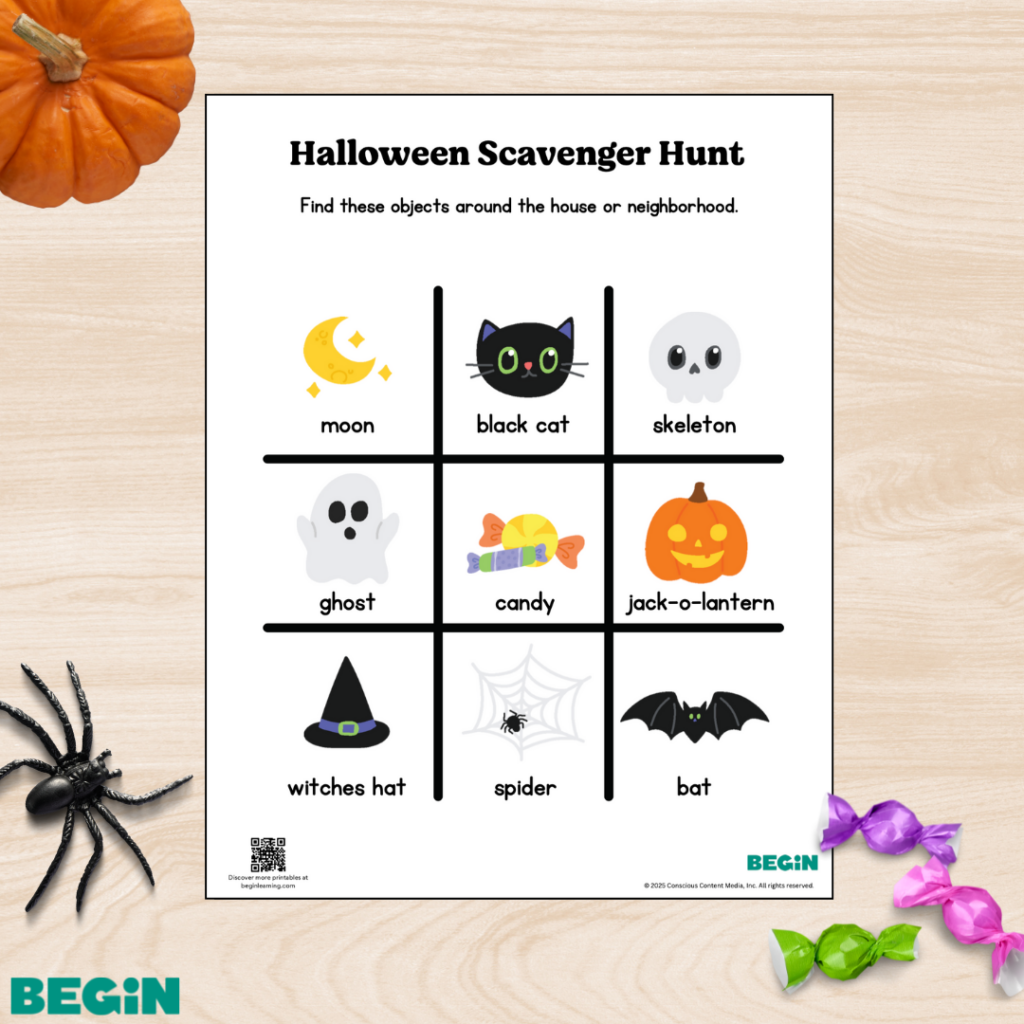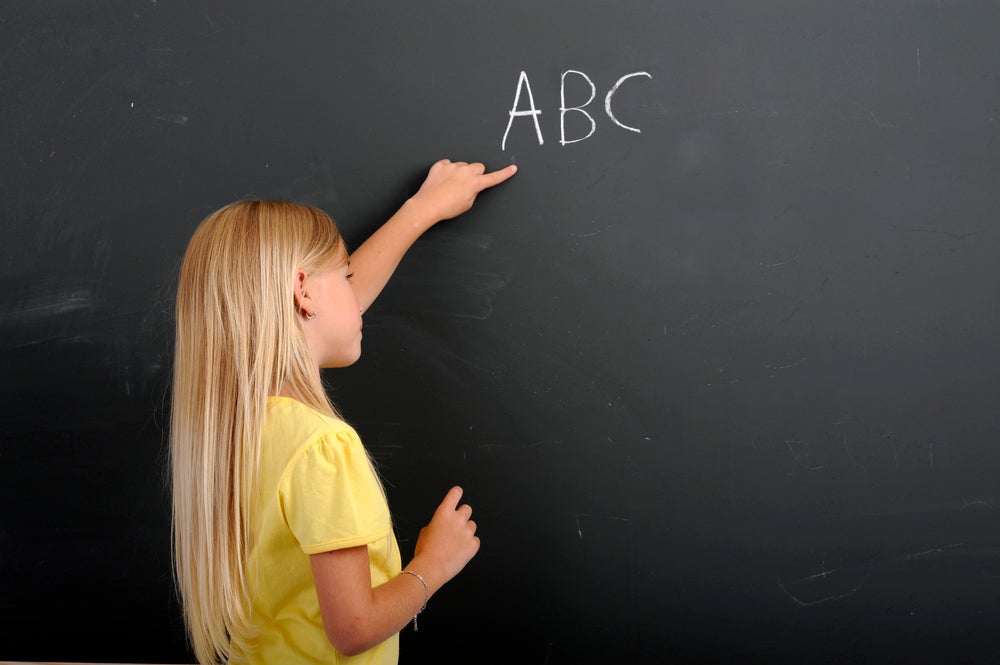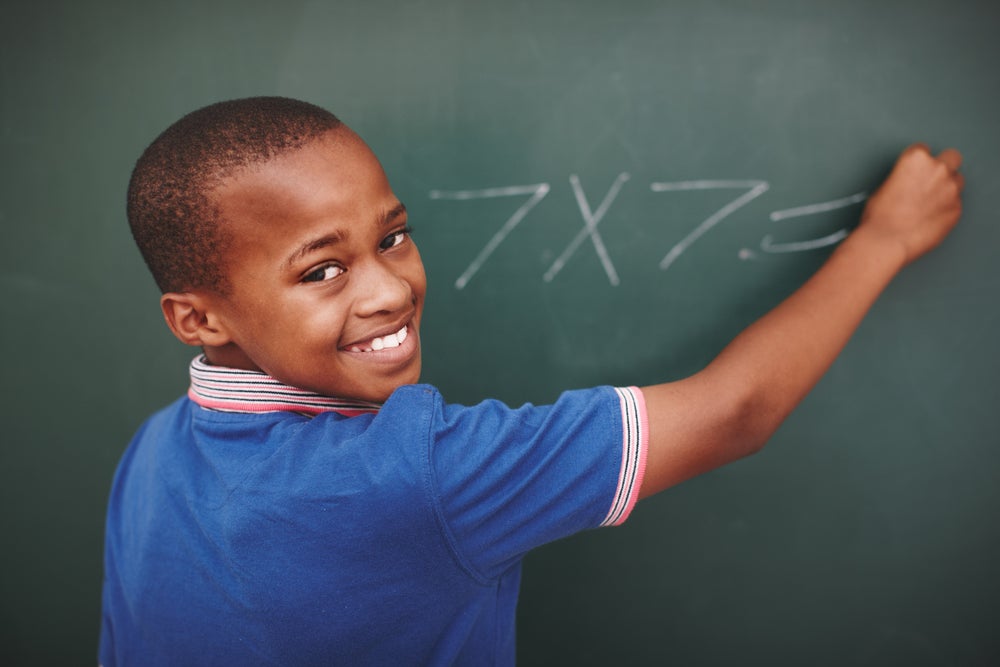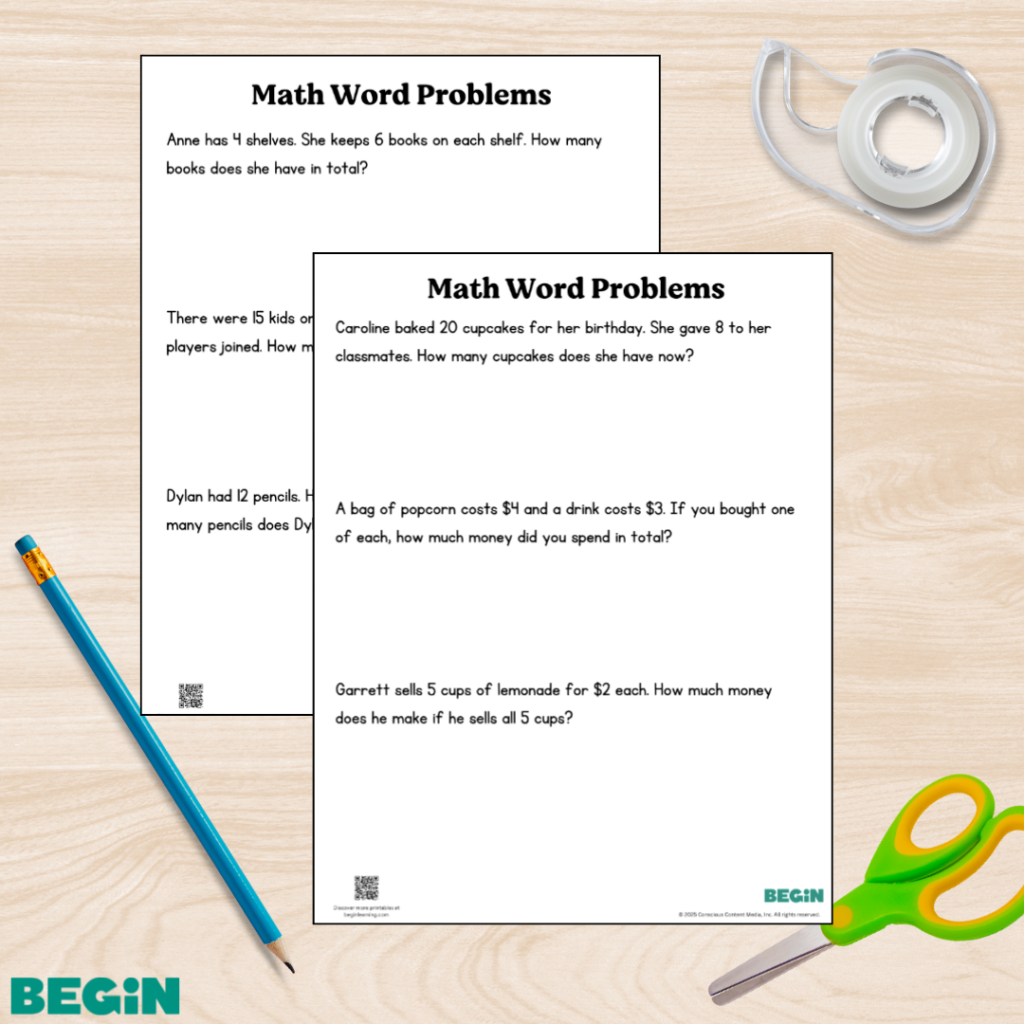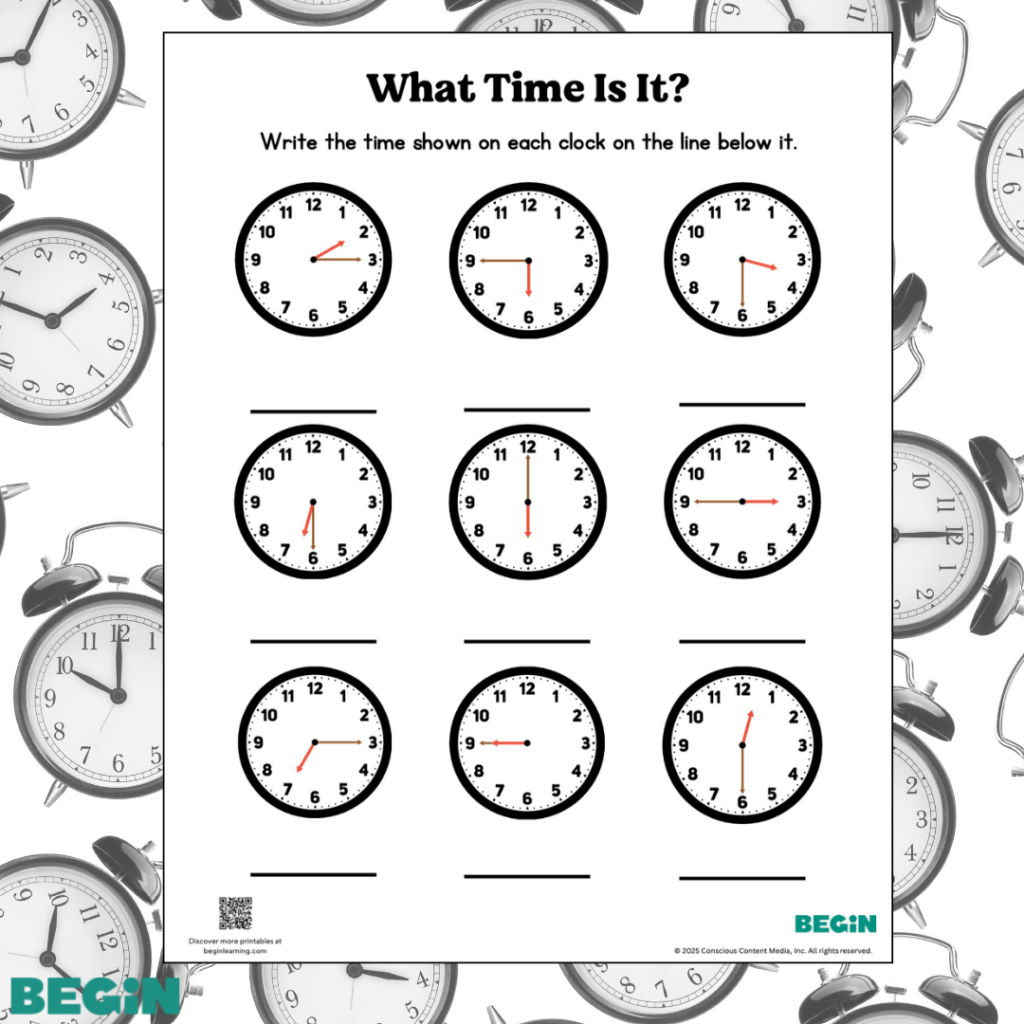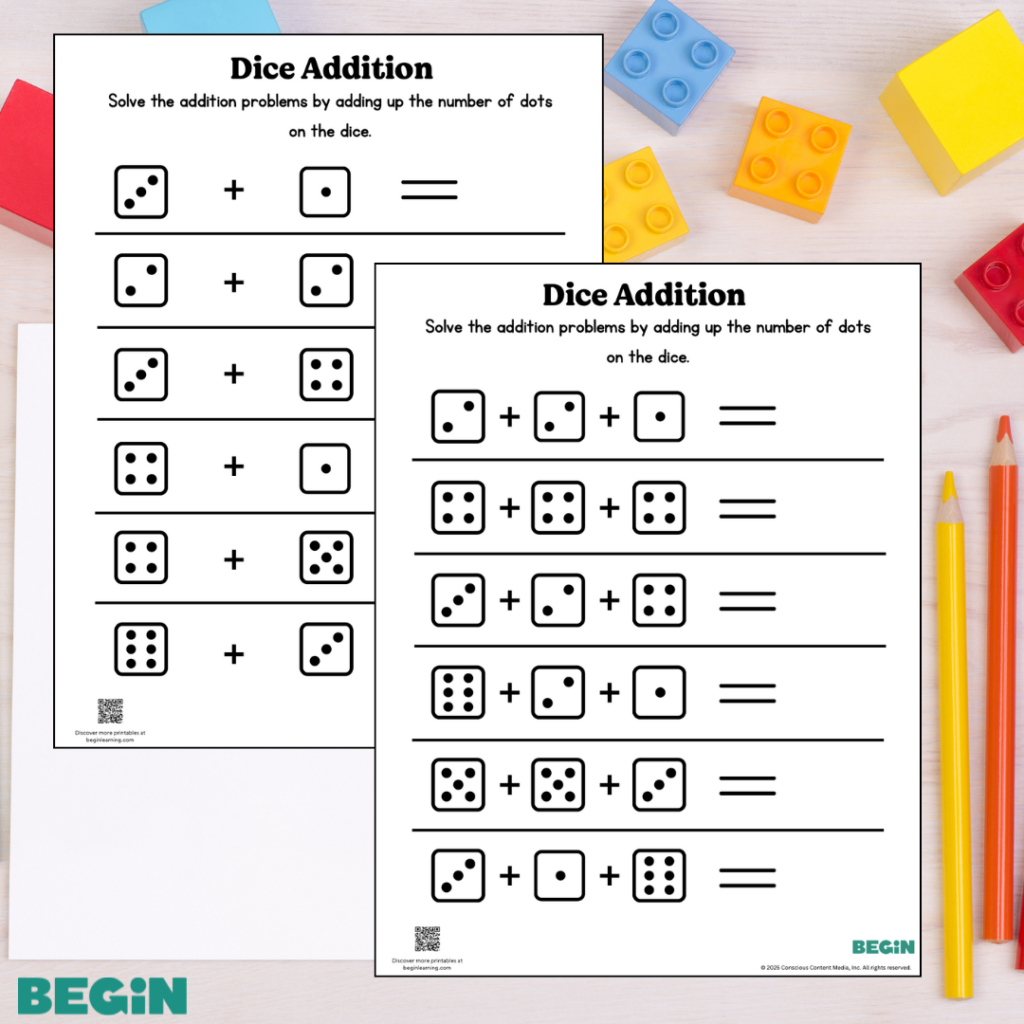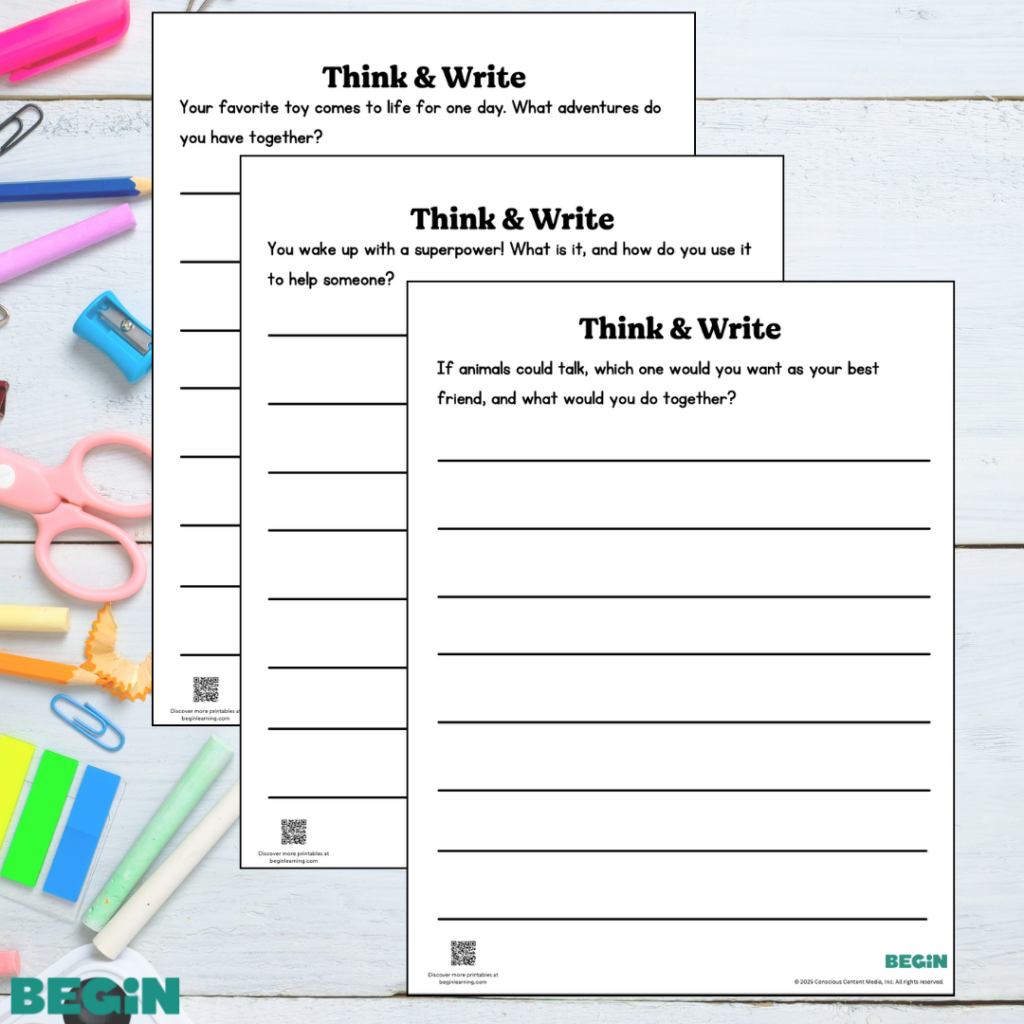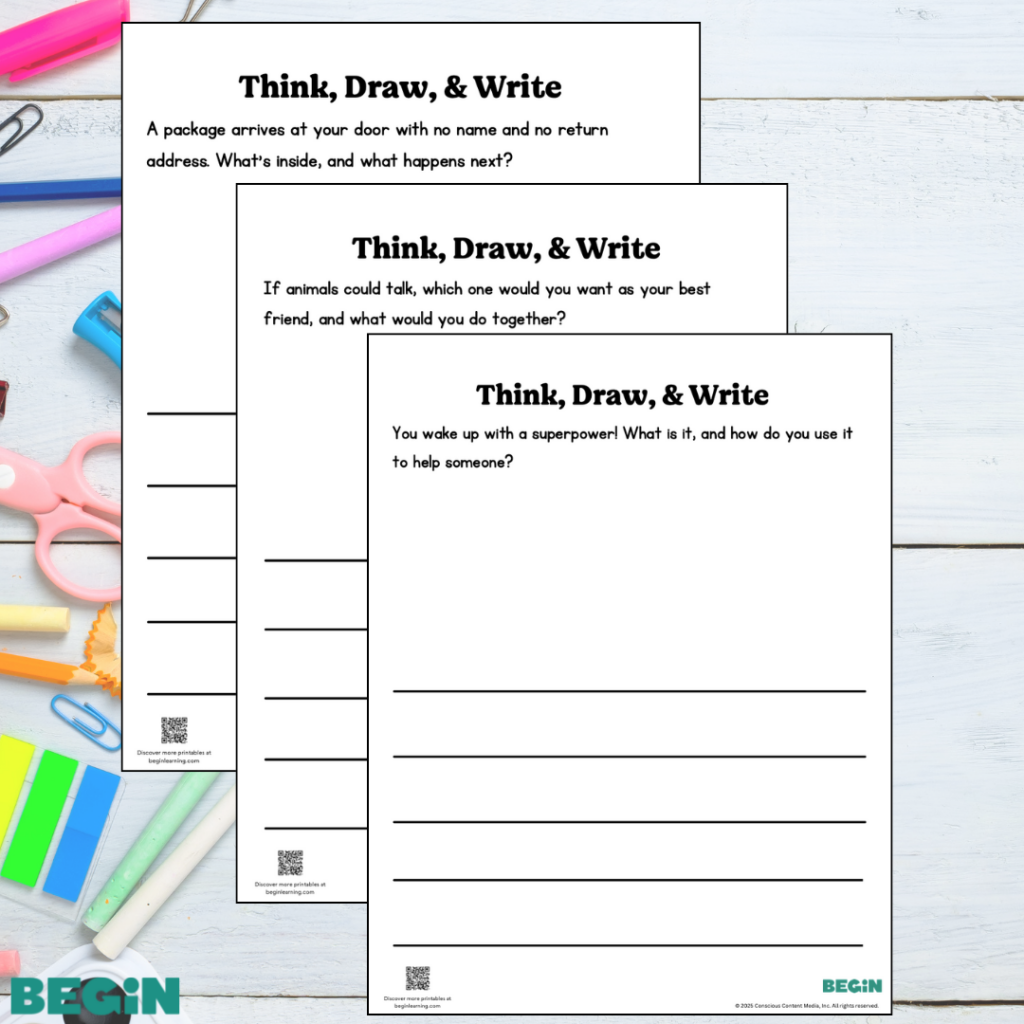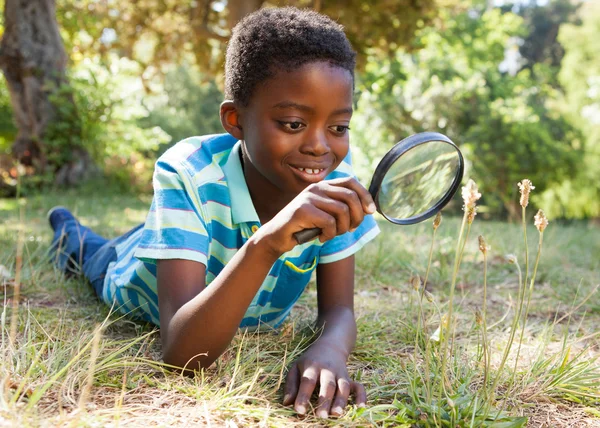If you’ve been looking for fun preschool math games for your child, you’ve come to the right place. Our learning experts have compiled a list of some of our favorite hands-on math activities to keep your child learning and engaged.
Before we break down our list of fun games for your child to enjoy while at home, we’d like to discuss why they matter. Why should you put so much effort into trying to help your child grasp essential math concepts from such a young age?
Let’s find out.
Why Are Preschool Math Games Important?
They Encourage Kids To Have Fun With Math
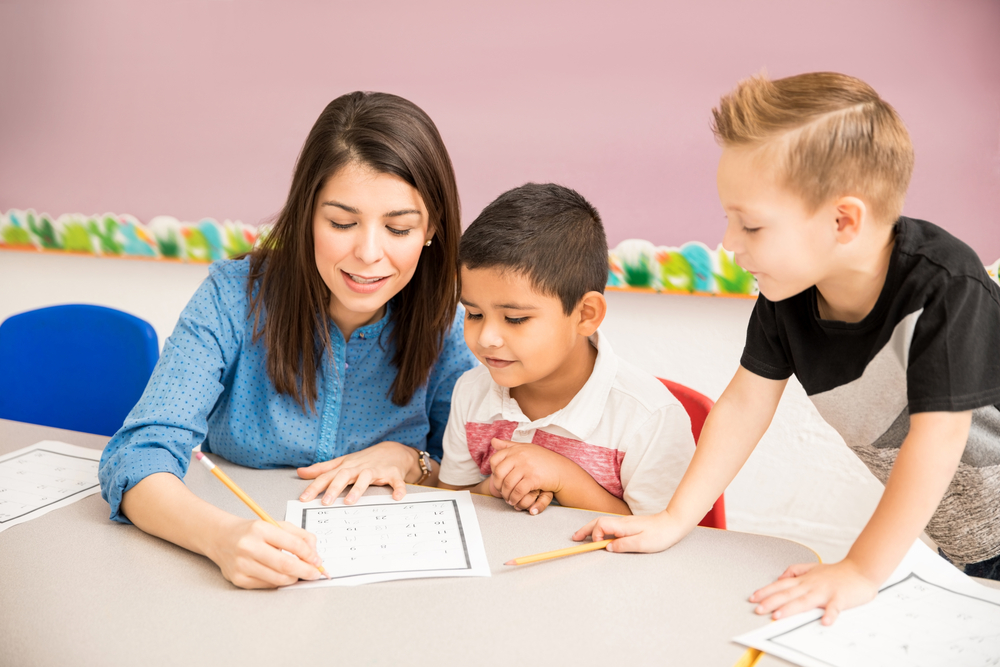
One of the reasons we love math games is because they allow kids to engage with math concepts in a fun and interactive way. This is important because it helps children develop a love for math early on.
You may sometimes hear words or phrases like, “Math isn’t for everyone” casually thrown around in conversations. We disagree! Allowing kids to engage with math from a preschool level can help them realize that the more they practice math, the more exciting and fun it will become.
They Allow For Independent Play
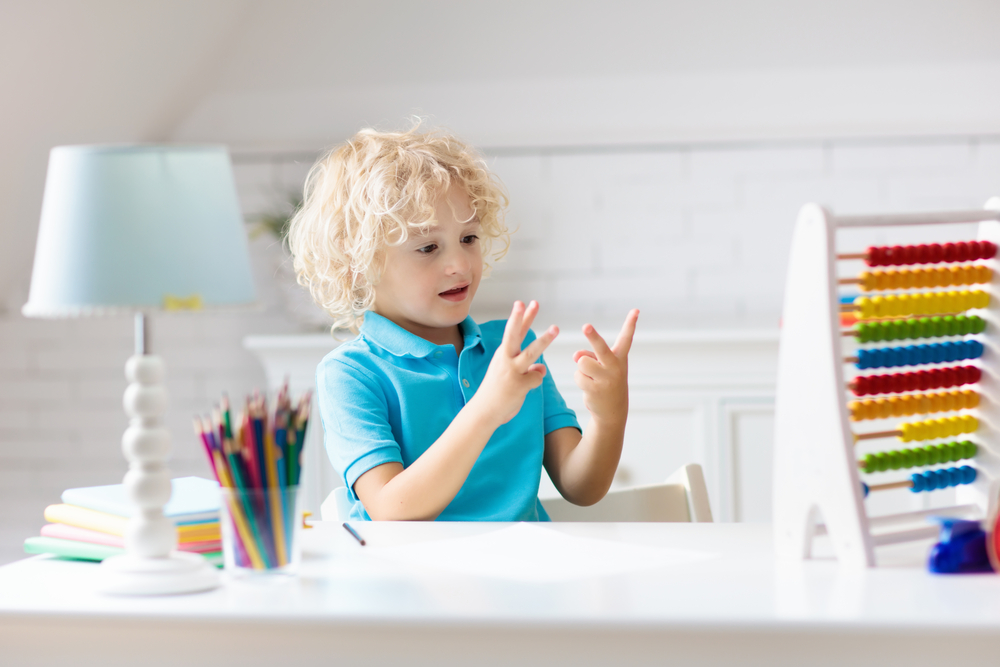
While some games involve multiple participants and help develop social skills, other preschool math games encourage children to play independently.
Independent play is essential for children for many reasons. It helps them develop problem-solving skills, creativity, self-regulation, and so much more.
These skills are all beneficial for raising confident, capable children.
They Give Parents Insight
One of the biggest benefits of preschool math games is that they give parents insight into their child’s developing mathematical skills.
This is very important because you will see which concepts your child is grasping and which they have yet to learn. Armed with this knowledge, you can then move forward knowing which areas to focus on to help your child continue on their math journey.
What Makes A Good Preschool Math Game?

Now that we’ve talked a bit about why preschool math games are so important for your child, it’s time to get to those activities you came here for!
Before we do so, it’s important to share why these games are so effective for your young learner. In a nutshell, the below games:
- Are age-appropriate
- Encourage problem-solving
- Help children practice math concepts in a fun way
Children learn best when they are playing. So, here are some games that, while being engaging and fun for young children, also support their growing mathematical skills.
5 Fun Preschool Math Games
1) Numbered Chocolate Chip Cookies

What You’ll Need:
- Cookie dough
- Chocolate chips
- One die
What To Do:
Just because there’s math involved in a game doesn’t mean it can’t be tasty, too!
The goal of this activity is number matching. To get started, you’ll need to choose your favorite chocolate chip cookie recipe. Then, mix the ingredients to form the dough.
Before you move on to adding the chocolate chips, you’ll need to portion out enough batter to form the cookies. Each cookie dough ball will get its own number of chocolate chips, and a roll of the die will determine how many.
Let your child count the dots on the die, and if they’d like more chocolate chips, they can roll again!
This activity will help preschoolers practice their counting, familiarize them with the symbols of these numbers, and also demonstrate how to follow directions.
And the best part is that, with all this deliciousness, you probably won’t need to encourage them to participate!
2) Fill The Cup
What You’ll Need:
- A pair of dice
- Small plastic cup
- Any objects that are easy to count (marbles, dried beans, etc.)
What To Do:
The goal of this activity is simple: Be the first person to fill the plastic cup.
To get started, you and your child will need to roll your dice at the same time. Based on the number you just rolled, you will then start filling up the plastic cup (with marbles or dried beans). For example, if you rolled a four, add four beans to the plastic cup.
Continue rolling the dice and adding items as you go. The first person to fill their cup is the winner! Keep in mind that the larger the items you choose, the faster the game will go.
Before getting started, remember to help your child get used to the game’s components (rolling the dice, reading the number, and then adding the items to the plastic cup).
If this is a little challenging for your young learner, feel free to switch things up by rolling the dice for each other. For example, your child can roll the dice, and you will then need to read the numbers and add that specific amount of items to your cup.
3) Number Picture
What You’ll Need:
- One large piece of paper
- Stickers
What To Do:
Begin by drawing five to 10 large circles on a piece of paper. Next, let your child choose a number for each circle. They can then put the designated number of stickers in the circles.
This is a simple but fun activity for preschoolers that allows them to play independently while learning. Let them work on their own and show you the results of their work when they are done.
They will be so proud of what they’ve accomplished!
4) Hopscotch
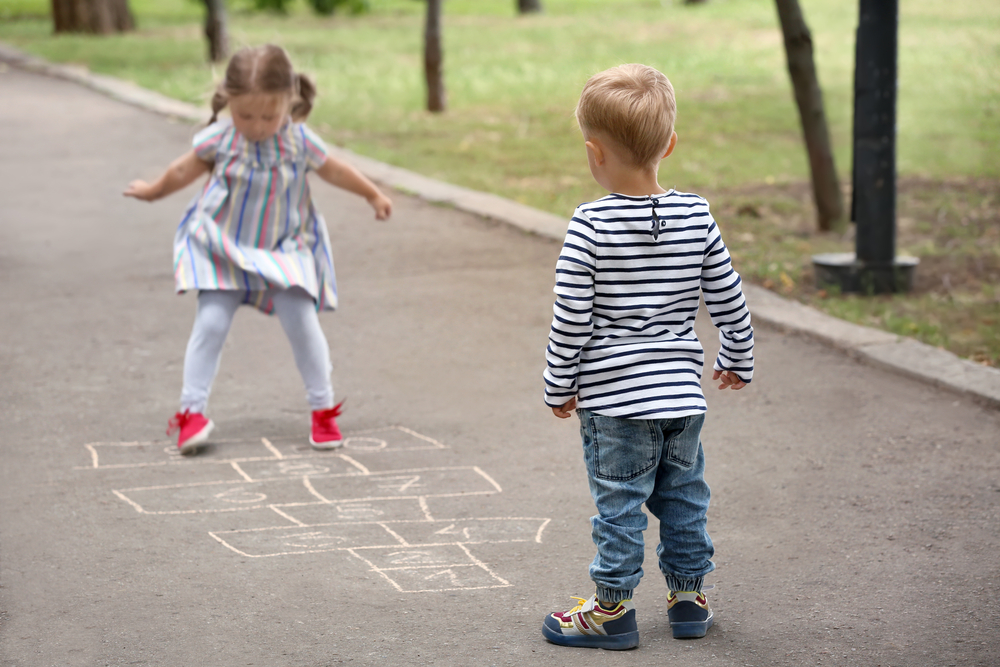
What You’ll Need:
- Chalk
- A small rock or pebble
- A paved area outside
What To Do:
Hopscotch is an old-school game most of us loved to play as kids. If you need a reminder on the game and how to play it (as well as other fun number games), you can check out this link here.
Preschoolers are still very young and may find the original game challenging. Here’s how you can modify it to help them:
- Make the squares smaller and closer together
- Let your child jump to one number at a time
- Allow your child to place the stone on the numbered square instead of tossing it
This activity is excellent for helping children practice their math skills (like counting) and getting in some much-needed exercise and Vitamin D!
5) Create Your Own Puzzle
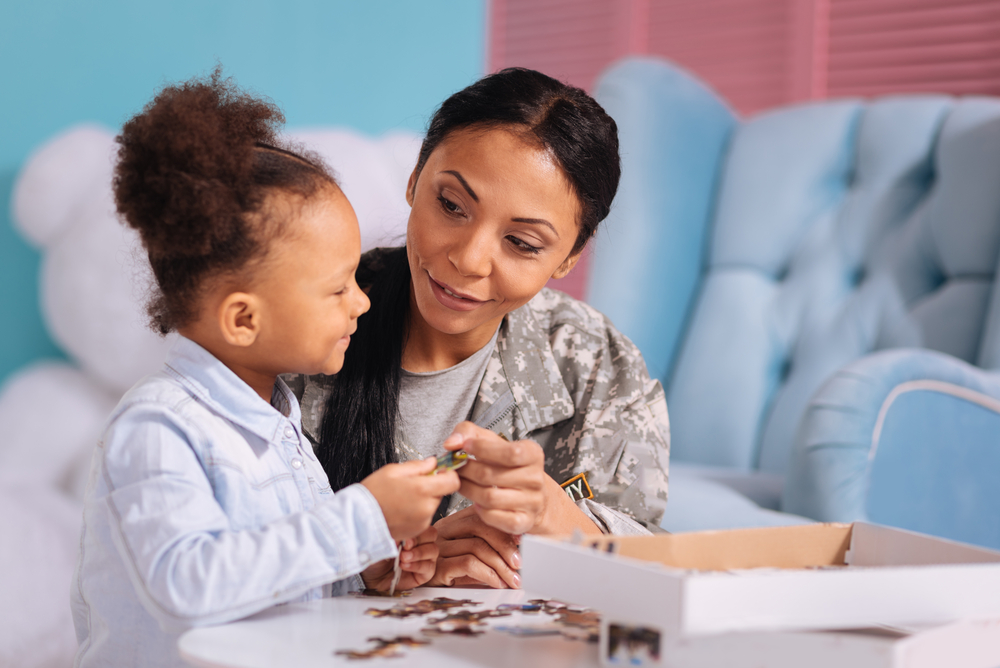
What You’ll Need:
- An image of something your child likes (a dog, cat, flower, butterfly, etc.)
- Glue
- Bond paper
- A marker
- A pair of scissors
What To Do:
Most children start playing with puzzles from a very young age. Now that they’re preschoolers, you can help them create their own!
Start gluing the picture onto bond paper to make it sturdier. Then decide how many pieces you want to create from the image and mark out where you will cut it. It’s best to make the pieces medium-to-large so that it’s easier for your child to piece them back together.
Once you’re done, help your child cut along the lines and, just like that, you have a brand-new puzzle!
Once the puzzle is ready, demonstrate where and how the pieces need to fit. Then, allow your child to practice on their own.
This is an excellent activity to help children develop essential math skills, such as shapes, problem-solving, and comparisons.
Ready, Set, Play!

We hope you’re clear on one thing from our list above — preschool math games don’t have to be boring! In fact, the more fun and entertaining they are, the more engaged your child will be and the more likely they are to retain the information.
Mathematics is one of the core subjects we teach in our HOMER app. That’s because we understand how important it is for children to have a solid math foundation from an early age, as this will help them tackle more complex math problems later on.
To learn more about our unique approach, check out the HOMER app!




